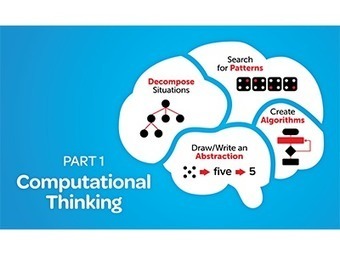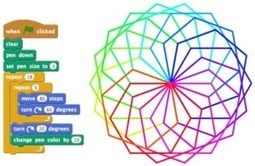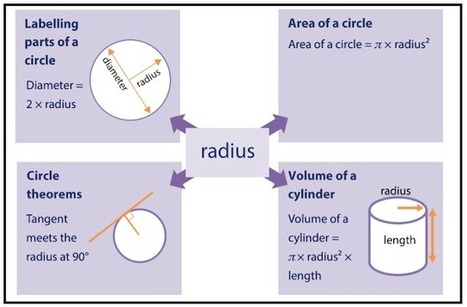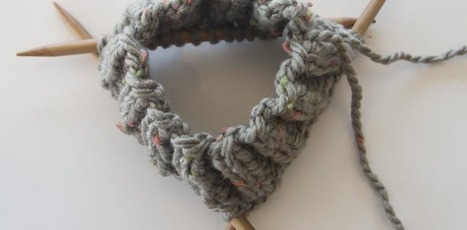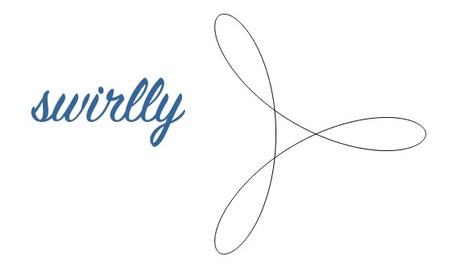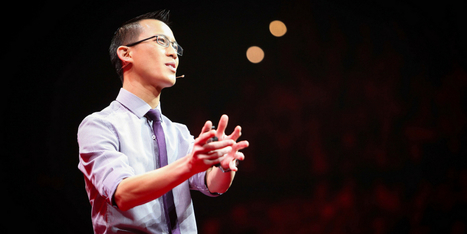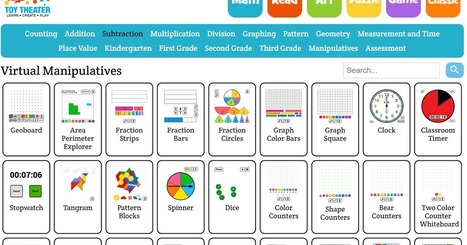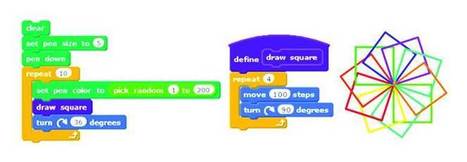Presented by Sara Delano Moore, Ph.D., Director of Professional Learning
Computers and computer science are an ever-increasing part of our world. Computational thinking is foundational to these fields; it also supports mathematical process and practice standards. Computational thinking includes four core components: patterning, decomposition, algorithmic thinking, and abstraction. How do these ideas support grade-level mathematical concepts and skills? How do they develop the thinking skills required for careers in the STEM fields?
In this edWebinar, Sara Delano Moore, Ph.D., Director of Professional Learning at ORIGO Education, will provide an overview of computational thinking and explore the components of patterning and abstraction in more depth. She will introduce you to problems and learning experiences which develop this thinking with age-appropriate tasks. See how these unplugged tasks develop student thinking around mathematical structure and quantitative reasoning.
Research and publish the best content.
Get Started for FREE
Sign up with Facebook Sign up with X
I don't have a Facebook or a X account
Already have an account: Login
News, reviews, resources for AI, iTech, MakerEd, Coding and more ....
Curated by
John Evans
 Your new post is loading... Your new post is loading...
 Your new post is loading... Your new post is loading...
Erin Magagna's curator insight,
December 15, 2018 2:45 PM
Coding is certainly intimidating, however, there are so many degrees of programming that anyone can learn. Knowing the benefits it shows on strengthening skills says we need to incorporate it more in schools.
|
Chris Dunrobin's curator insight,
June 2, 2019 11:50 AM
Great Teacher - has a holistic approach and understanding when teaching math
Anisha Goonewardane's curator insight,
June 1, 2021 8:14 PM
It is fully worth investing some time into watching this Ted Talk by mathematics teacher, Eddie Woo. His approach to mathematics is inspiring and would be very valuable to share with students especially those with low confidence in their mathematics ability. This is useful for my classroom to transform the mindsets of the students in my class.
Maria Reyes's curator insight,
September 11, 2019 12:45 PM
I love the idea that this website is offering. As it is, manipulatives are very important towards mathematics, but I like that this website gathers manipulatives and games together in order to have a more engaging community within the students.
|




